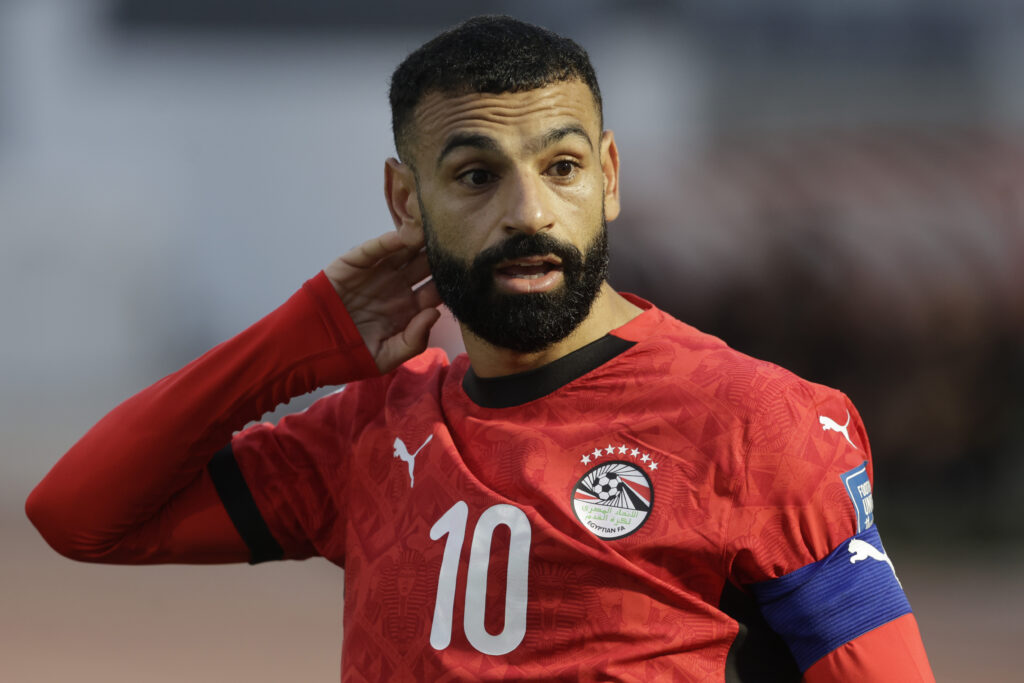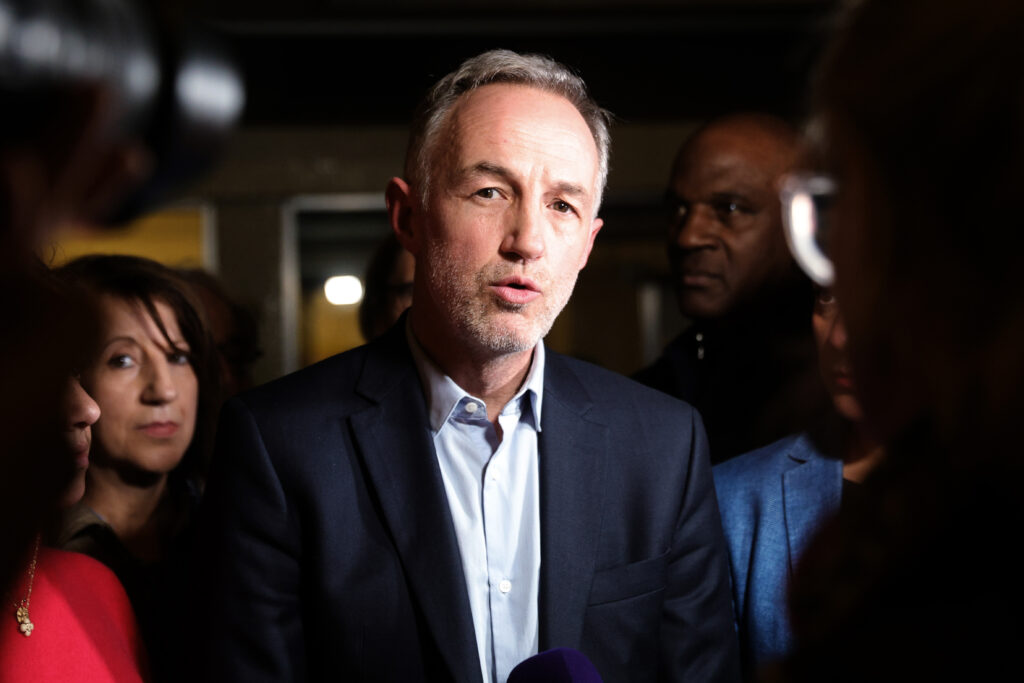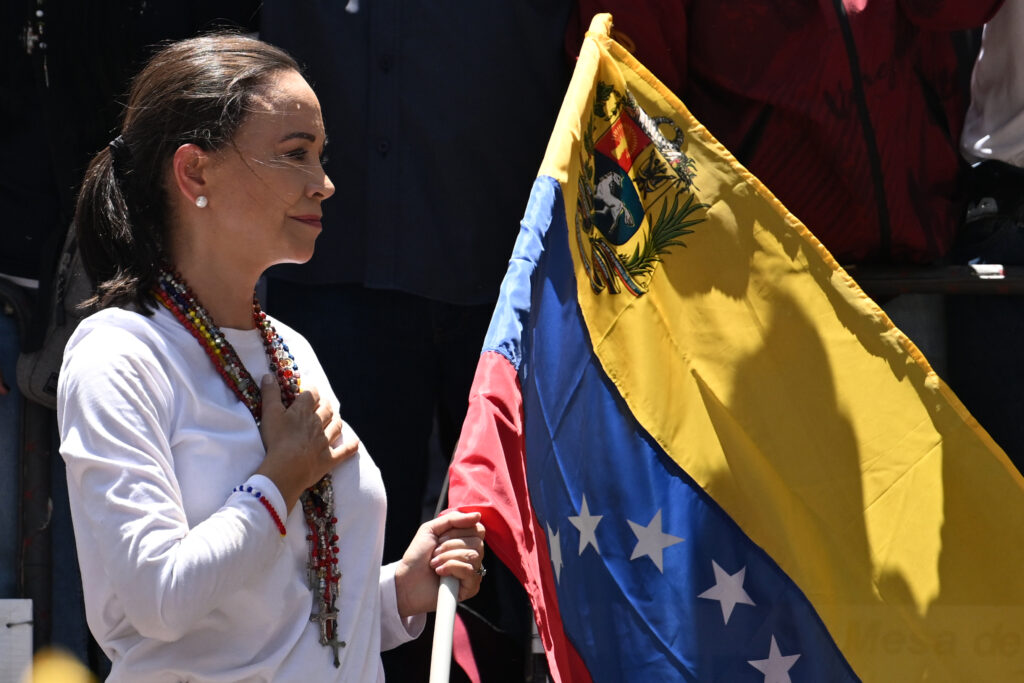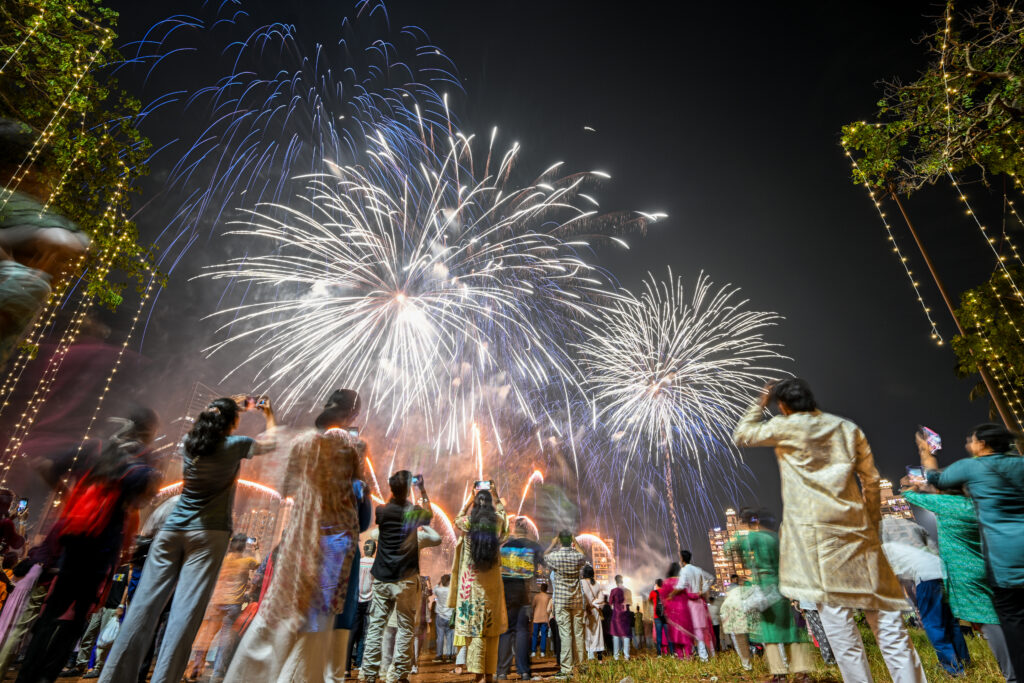Troubles du développement, naissances prématurées aux conséquences parfois mortelles… Deux nouvelles études détaillent certains risques environnementaux pendant la grossesse, l’une sur les polluants éternels, l’autre sur certains perturbateurs endocriniens.”L’eau potable contaminée aux PFAS nuit aux nourrissons”, conclut la première étude, publiée lundi dans la revue PNAS et réalisée par des chercheurs américains dans l’Etat du New Hampshire.Les PFAS – un acronyme pour les substances chimiques “per- et polyfluoroalylées – sont couramment qualifiés de “polluants éternels”. Quasi indestructibles et présents dans quantité d’objets et de produits, ils s’accumulent avec le temps dans l’air, le sol, l’eau, la nourriture et, in fine, dans le corps humain, notamment dans le sang, les tissus du rein ou du foie.Leur large présence suscite des préoccupations croissantes pour la santé publique, alors que leur remplacement par les industriels paraît complexe. En France, où ils doivent être partiellement interdits – notamment dans les cosmétiques – à partir de 2026, les autorités sanitaires ont récemment constaté que l’un d’eux, le TFA, était omniprésent dans l’eau du robinet.Les connaissances sur les risques sanitaires des “polluants éternels” sont incomplètes mais des effets néfastes sont déjà pointés pour plusieurs. Ils sont notamment associés à des conséquences néfastes sur la grossesse et le développement du foetus.Dans ce contexte, les auteurs de l’étude de PNAS ont évalué à quel point un bébé pouvait pâtir à la naissance d’une exposition à ces polluants pendant la grossesse, période particulièrement vulnérable par rapport à l’environnement.Ils ont identifié une quarantaine de sites industriels pollués dans le New Hampshire puis ont comparé les données sur plus de 10.000 grossesses des années 2010, selon que les mères habitaient en amont ou en aval des sites.- Méthodologies robustes -Pour les enfants nés dans le second groupe, le risque de mourir avant un an triple quasiment (+191%). Ce chiffre impressionnant doit être nuancé par le nombre relativement faible de décès, mais le risque d’événements plus courants augmente aussi: une naissance prématurée (+20%) ou un faible poids à la naissance (+43%).Cette étude a été saluée par des experts médicaux pour lesquels sa méthodologie permet quasiment de conclure à un rapport de cause à effet, fait rare dans la recherche en santé environnementale. Certains spécialistes avertissent néanmoins que la méthodologie permet mal de distinguer l’effet des PFAS d’autres polluants issus des mêmes sites.Reste que “c’est une étude importante car les conséquences des PFAS sur les foetus et les nouveaux-nés sont une inquiétude majeure à travers le monde”, estime Neena Modi, professeure en néonatalogie à l’Imperial College London, dans une réaction à l’organisme britannique Science Media Center.Parallèlement, une étude européenne, publiée mercredi dans le Lancet Planetary Health, examine les conséquences de l’exposition à un autre type de produits chimiques: les “phénols”, dont certains sont des perturbateurs endocriniens avérés ou soupçonnés.Ces composants sont également omniprésents – dans des emballages alimentaires ou des cosmétiques. L’un d’eux, le bisphénol A, a vu son usage très encadré dans l’Union européenne et même interdit en France dans l’alimentation.Mais l’étude souligne les problèmes posés par certains produits de remplacement.L’un d’eux, le bisphénol S, est associé à une plus grande fréquence de troubles comportementaux – anxiété, agressivité… – chez les garçons dont la mère a été exposée en fin de grossesse. Même constat, incluant cette fois les filles, pour un autre phénol, le méthylparabène.Les conclusions apparaissent robustes car elles se basent sur un grand nombre de prélèvements lors de la grossesse, et sur deux groupes de plusieurs centaines de mères – l’un en Espagne, l’autre en France – au profil nettement différents: âge, poids…Pour autant, l’ampleur des effets reste relativement limitée: à l’échelle d’une femme enceinte, ils changent peu la donne. Mais, vu la large exposition à ces substances, ils représentent un enjeu important de santé publique.”Sur ce type d’étude, on raisonne toujours en risque populationnel et non pas individuel”, explique à l’AFP Claire Philippat, chercheuse à l’Inserm, qui a supervisé l’étude. Elle juge que son travail plaide surtout pour durcir la réglementation sur ces produits, soulignant qu’à l’inverse de certains polluants éternels ils peuvent vite être éliminés par l’organisme.




